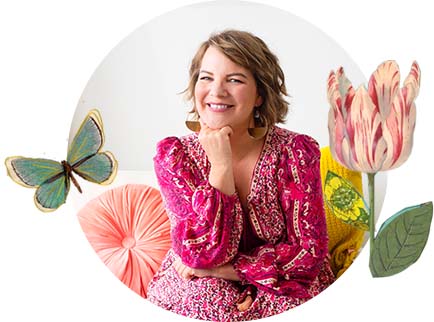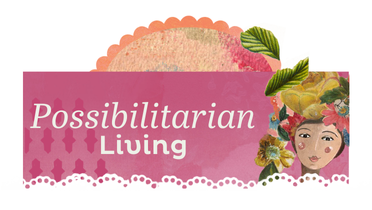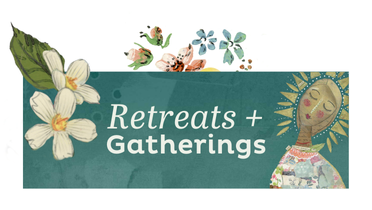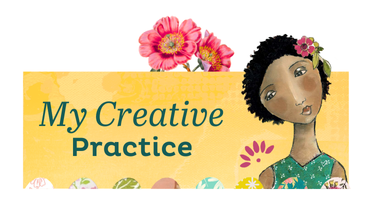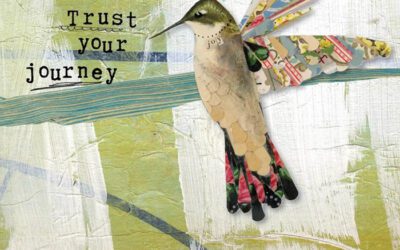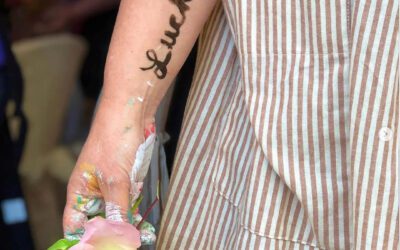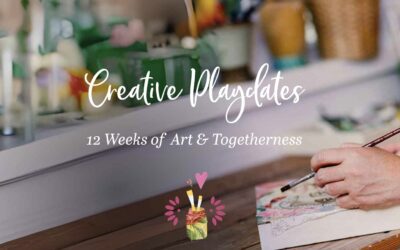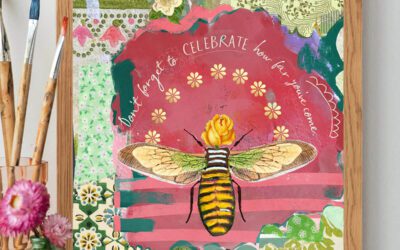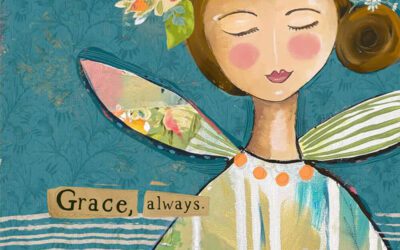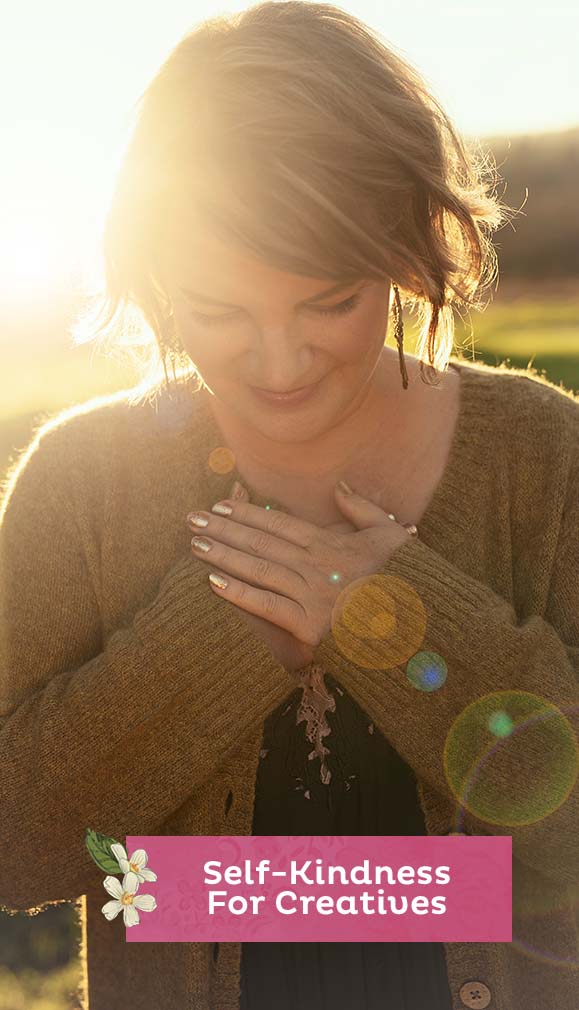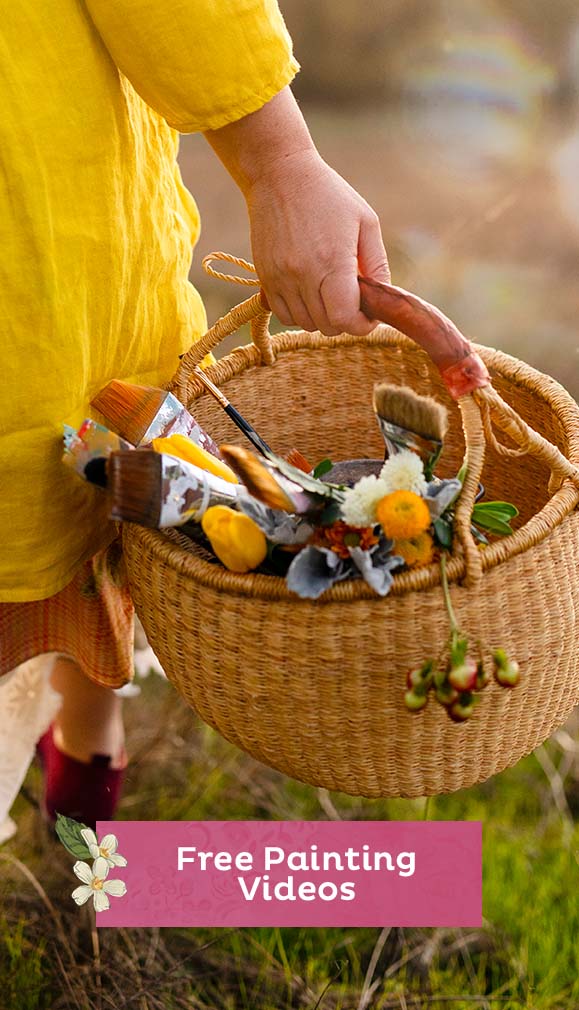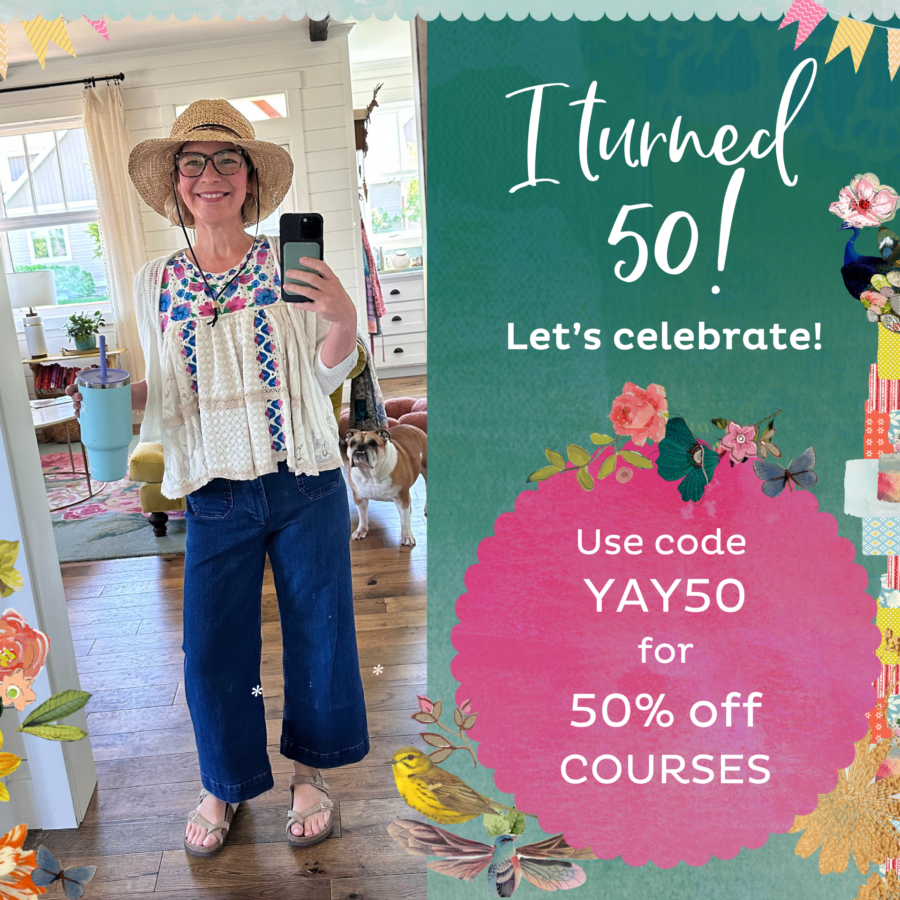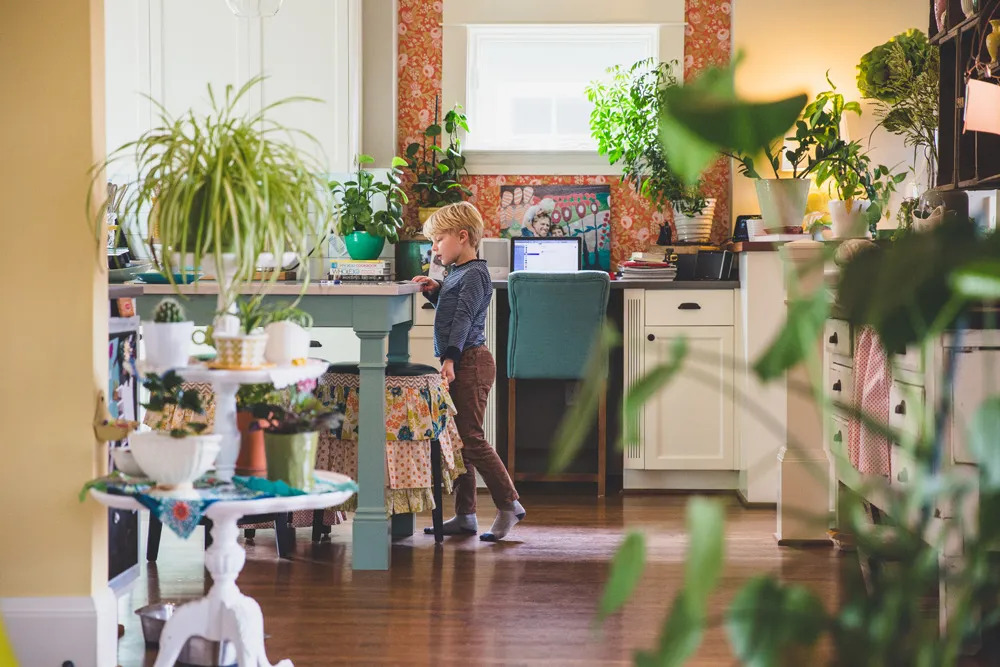
A story about mistakes, mercy, and making it right (especially on the inside).
When my son, True, was little, we taught him how to apologize in the usual way.
You make a mistake.
You say, “I’m sorry.”
You move on.
And then, when he was around seven years old, I made a decision that, in hindsight, was deeply misguided. It hurt people I care about. One of those big, mammoth-sized mistakes that changes you from the inside out.
I owned it. I apologized with my whole heart. I stayed open to the discomfort, the consequences, and the hard-earned wisdom that came in its wake.
But what lingered long after the apology was spoken was the ache of not being able to forgive myself. The self-blame ran deep, and it took many moons, and many tears, to find my way to self-compassion.
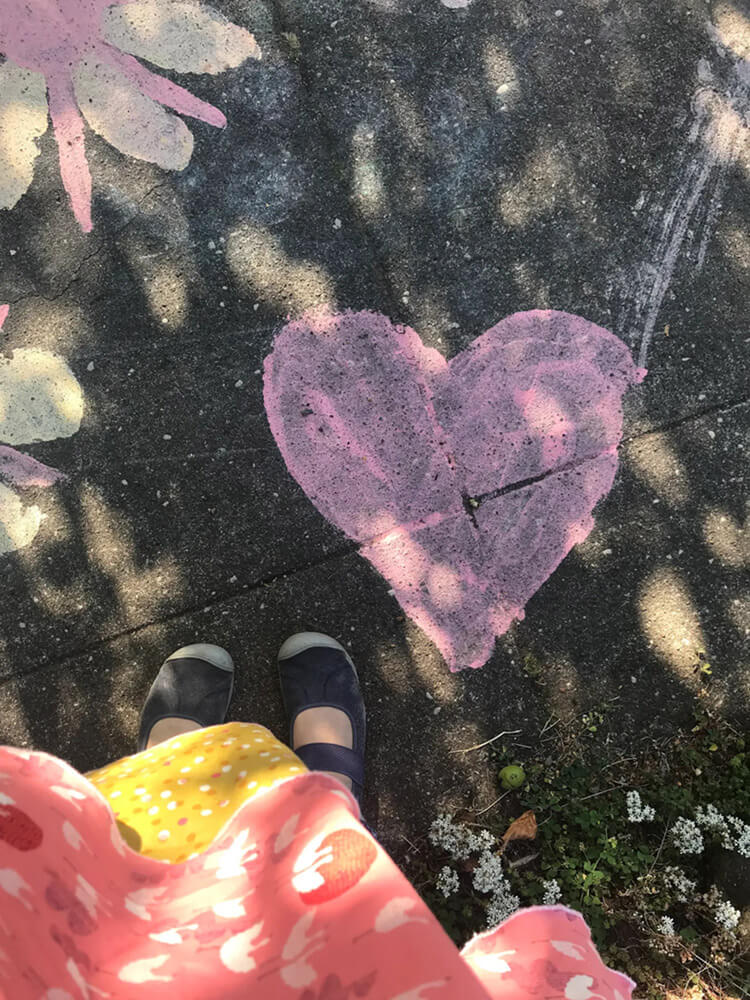
Somewhere in that tender unraveling, I saw it clearly:
From a very young age, we’re taught How To Apologize:
Step One: You make a mistake.
Step Two: You say, “I’m sorry.”
That’s where it ends.
But what’s missing is the most important part:
Step Three: You put your hand on your heart, and you say, “I forgive myself.”
Even if the other person can’t.
Even if you wish with everything in you that you could go back and do it differently.
Even if your heart still winces when you remember.
It’s not about skipping accountability. Or pretending harm wasn’t done.
It’s about making peace with your own imperfection.
It’s about choosing to love up the part of you that got it wrong, the part of you that was still learning, still growing.
After my reckoning, we began to shift our approach in our family.
When True inevitably made a mistake, we’d guide him not only to make a sincere outward apology, but also to offer a quiet, inward one to himself by simply showing him how to put his hand over his heart and simply say, “And I forgive myself.”
It’s been many years now, but watching your child speak to himself with that kind of tenderness is powerful. It’s everything I wish I had known how to do at his age. Everything I’m still learning to do now.
You’re human. You made a mistake. And even still, you are worthy of tenderness.

Mistakes Are Required Curriculum
We are here to learn.
We’re meant to get it wrong sometimes so we can learn how to make it right.
We hurt others so we can learn empathy and humility.
We overextend so we can learn to protect our energy.
We say the wrong thing so we can learn how to repair.
It’s not a flaw in the system. It is the system.
This is what learning looks like.
If we can teach our children that their humanity isn’t something to be ashamed of, that making mistakes doesn’t make them unlovable, we offer them a gift that most of us didn’t receive: the gift of self-forgiveness as a practice. A lifelong one.
Here’s to the possibility and spaciousness that lives in the pause between “I’m sorry” and “I forgive you.” Especially when we’re saying both to ourselves.


